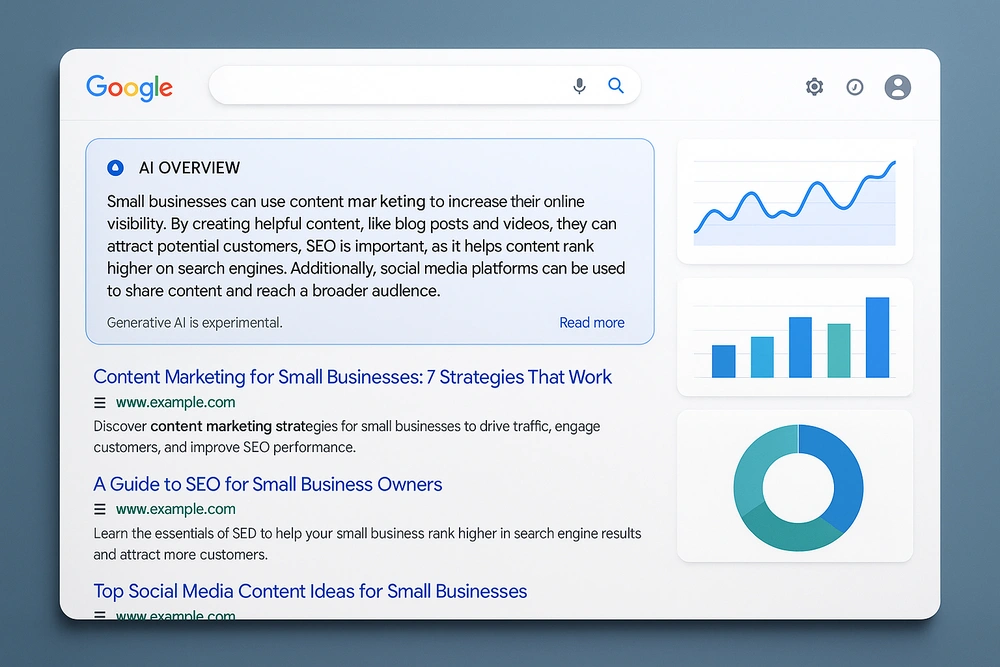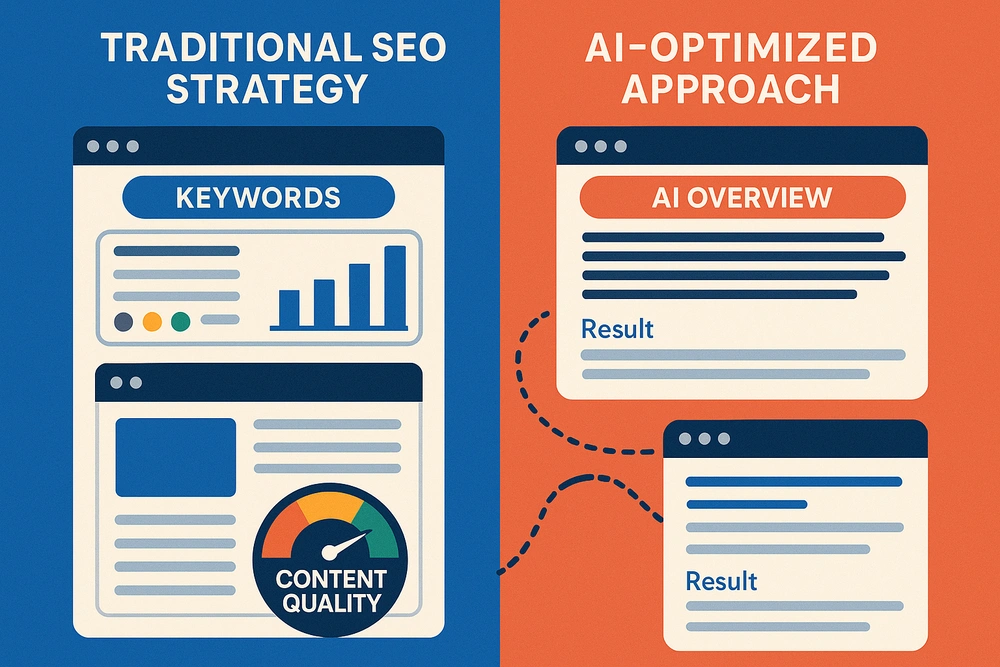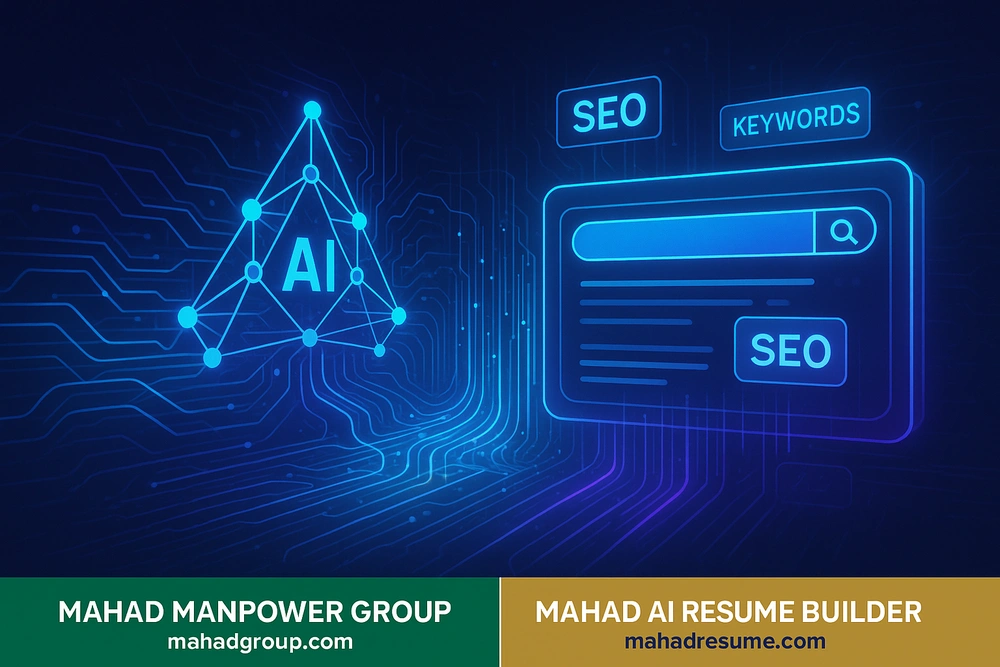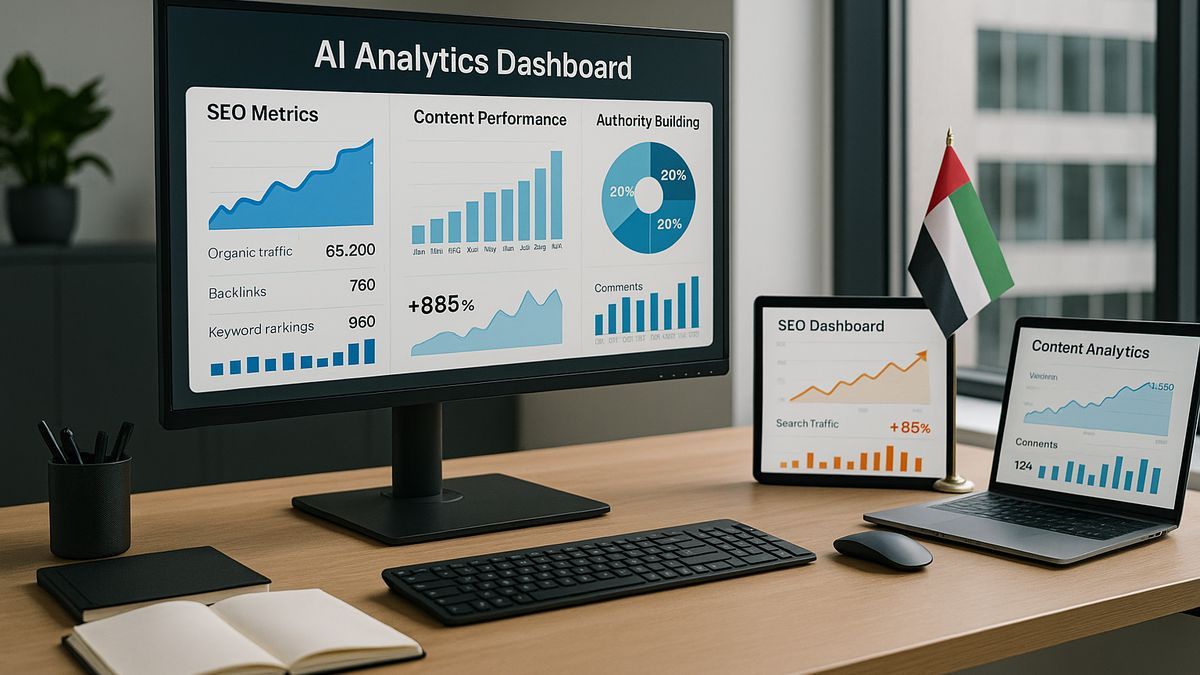How AI Overviews Are Changing SEO: The Complete 2026 Guide. The search landscape has experienced a seismic shift. Google’s introduction of AI-generated summaries at the top of search results is fundamentally transforming how users discover information online. For digital marketers, content creators, and business owners, understanding how AI Overviews are changing SEO has become critical to maintaining online visibility and driving meaningful traffic. Googles AI overview is reshaping
AI Overviews are Changing SEO: and Why Do They Matter?
AI Overviews Are Changing SEO: AI Overviews are intelligent, AI-generated summaries that appear at the top of Google search results, providing users with instant answers to their queries. Powered by Google’s Gemini technology, these summaries deliver context and supporting links directly on the search results page, often eliminating the need for users to click through to websites.
Since their official launch in May 2024, AI Overviews have grown exponentially, appearing in over 13% of all searches by March 2025. This rapid expansion signals a permanent change in how search engines deliver information, making it essential for businesses to adapt their strategies accordingly.
The Impact on Organic Search Traffic
The data reveals a sobering reality for website owners. Research from the Pew Research Centre found that users are significantly less likely to click on search results when an AI Overview appears on the page. This “zero-click” phenomenon means that even top-ranking websites are experiencing reduced traffic, as users find their answers without leaving Google.
However, the situation isn’t entirely bleak. Google’s internal research indicates that clicks from AI Overview results tend to be higher quality, with users spending more time on websites and showing increased engagement. This suggests that while traffic volume may decrease, the value of each visitor could actually increase. AI overview is reshaping SEO AI overviews.
How AI Overviews Are Changing SEO Strategy
Prioritizing E-E-A-T Principles
AI Overviews Are Changing SEO: The importance of Experience, Expertise, Authoritativeness, and Trustworthiness (E-E-A-T) has never been greater. AI Overviews preferentially cite content that demonstrates these qualities. To succeed in this environment, businesses must focus on creating authoritative content backed by credible sources and expert insights.
Interestingly, government websites appear more frequently in AI Overviews compared to traditional search results, with 6% of AI Overview sources linking to .gov websites versus just 2% in standard results. This underscores the premium that AI systems place on authoritative sources.
Shifting Keyword Strategies
Traditional broad-match keywords are becoming less effective. Keywords that trigger AI Overviews tend to be longer and more specific, often including clarifications, comparisons, or definitions. This means marketers must invest more heavily in long-tail keyword research and create content that addresses specific user intent.
AI Overviews Are Changing SEO: The focus is shifting from chasing high-volume keywords to targeting questions and queries where your expertise can truly shine. Content that answers niche questions with depth and authority stands a better chance of being cited in AI responses.
Creating AI-Resistant Content
Not all content is equally vulnerable to AI Overview disruption. To maintain traffic, businesses should focus on:
Original Research and Data: AI models cannot generate new information; they can only synthesise existing content. Publishing proprietary research, surveys, and firsthand insights creates value that AI cannot replicate.
Expert Analysis and Commentary: While AI can summarise facts, it struggles with nuanced analysis and forward-looking insights. Content that offers expert interpretation, market analysis, and strategic recommendations remains highly valuable.
Experience-Based Content: Personal experiences, case studies, and practical how-to guides that demonstrate real-world expertise are difficult for AI to reproduce authentically.
Optimising for Structured Data
Schema markup has become increasingly important for AI visibility. Google uses structured data to understand and categorise content more effectively, making it more likely to be featured in AI Overviews. Implementing comprehensive schema markup for articles, products, FAQs, and other content types should be a priority.
 Adapting Your Content Strategy
Adapting Your Content Strategy
The rise of AI Overviews necessitates a strategic pivot in content creation:
Quality Over Quantity: Rather than publishing large volumes of generic content, focus on creating fewer, more comprehensive pieces that genuinely add value.
Answer User Intent: Structure content to directly address specific questions and search intents. Use clear headings, concise answers, and logical organisation.
Build Authority: Invest in thought leadership, expert contributions, and authoritative citations to strengthen your content’s credibility.
Diversify Traffic Sources: As AI continues to reshape search, users are asking more complex questions and conducting follow-up searches. Consider building presence on platforms frequently cited by AI systems, and develop multi-channel marketing strategies.
The Opportunity in Change
While AI Overviews present challenges, they also create opportunities. Google reports that AI Overviews are driving a 10% increase in search usage for queries that show these features, meaning more overall search activity. Brands that successfully adapt can capture increasingly engaged audiences.
The key is understanding that AI Overviews are changing SEO from a volume game to a value game. Success now depends on creating content so valuable, authoritative, and unique that it becomes the answer AI systems cite.
According to guidance from Google’s Search Central Blog, the fundamental principle remains unchanged: create helpful, reliable, people-first content that addresses user needs. This timeless advice becomes even more critical in the age of AI-powered search.
Looking Ahead
AI Overviews Are Changing SEO: The evolution of search continues to accelerate. As AI technology advances and user behaviour adapts, the way we approach SEO must evolve accordingly. The businesses that thrive will be those that embrace these changes, focusing on genuine expertise, authoritative content, and exceptional user value.
Understanding how AI Overviews are changing SEO is just the beginning. The real challenge lies in implementing strategies that not only survive but flourish in this new search environment. By prioritising quality, authority, and user satisfaction, your content can remain visible and valuable regardless of how search technology evolves.


 Adapting Your Content Strategy
Adapting Your Content Strategy
 Successfully navigating the AI future of SEO requires a multi-faceted approach: Aifirst search will chatgpt replace
Successfully navigating the AI future of SEO requires a multi-faceted approach: Aifirst search will chatgpt replace